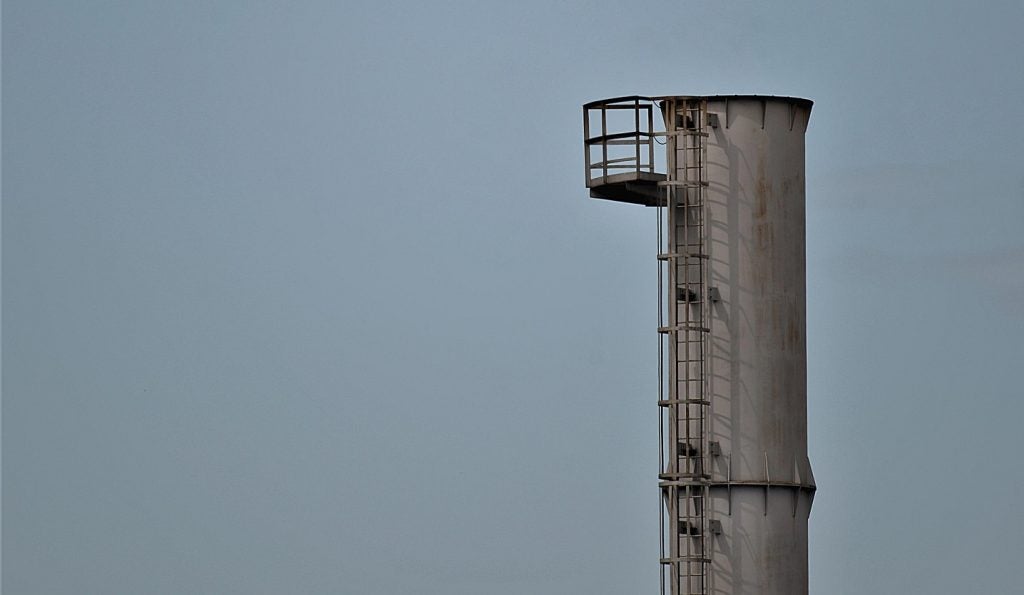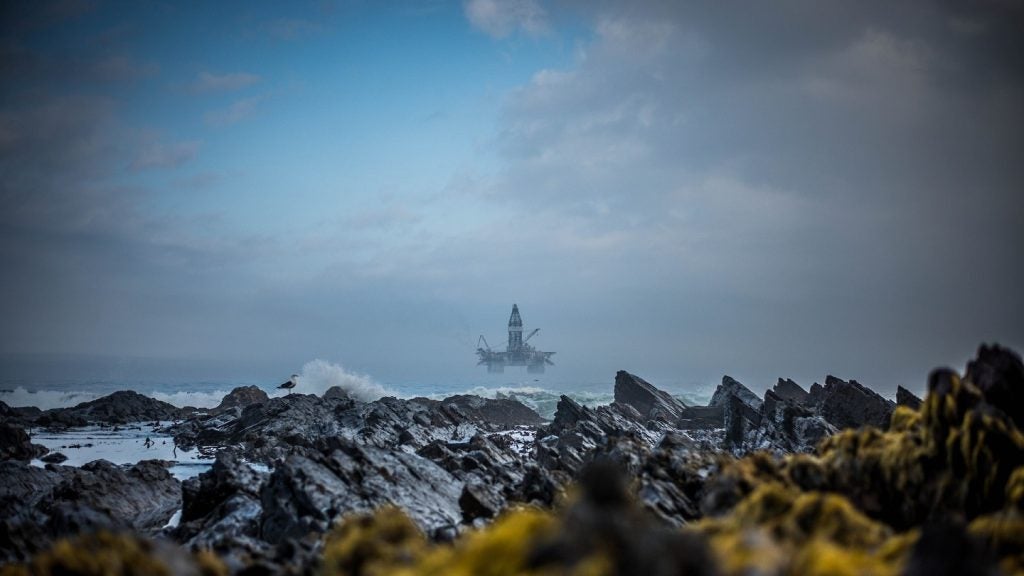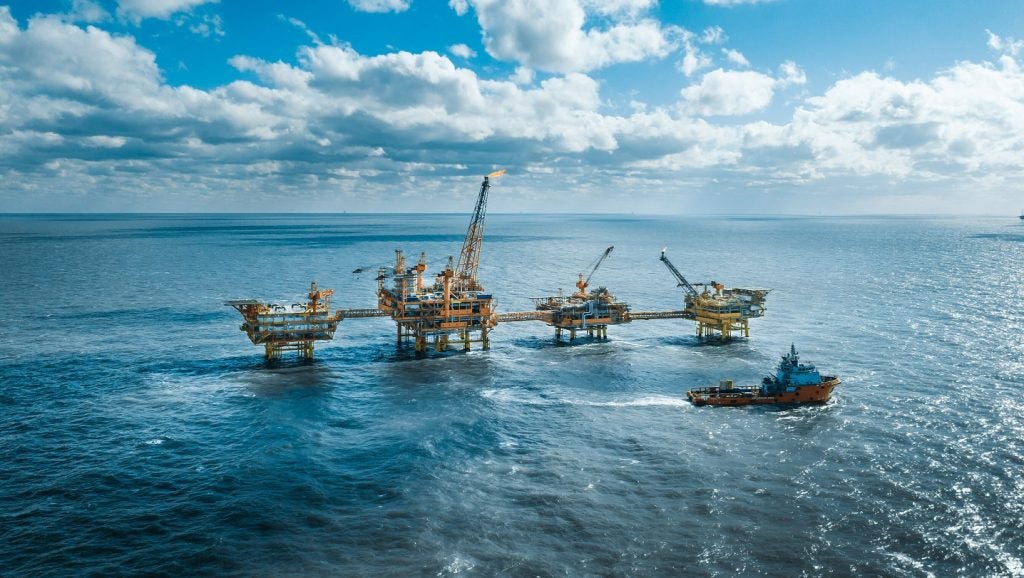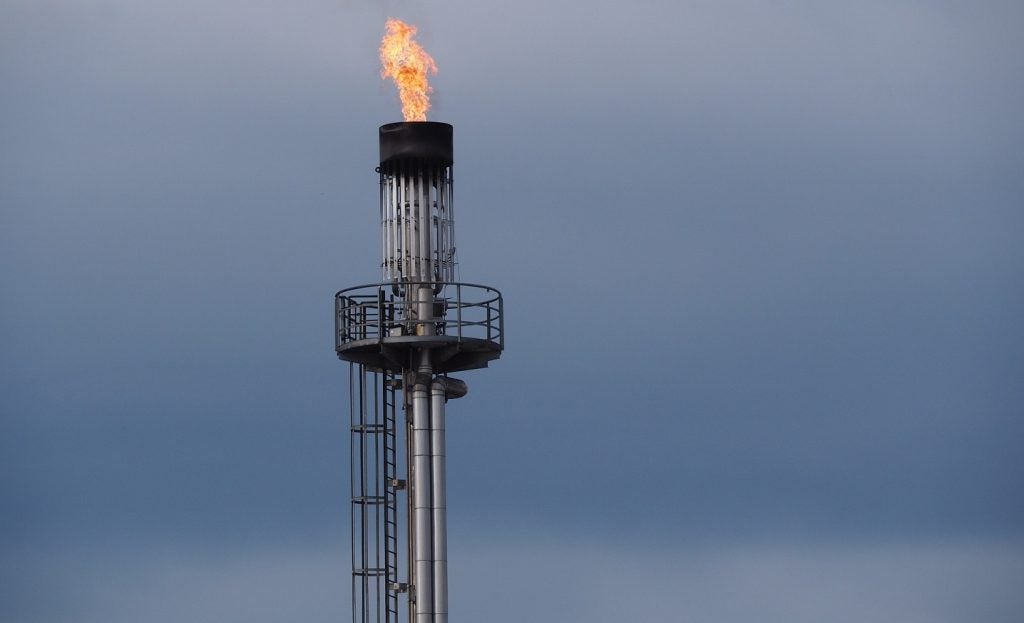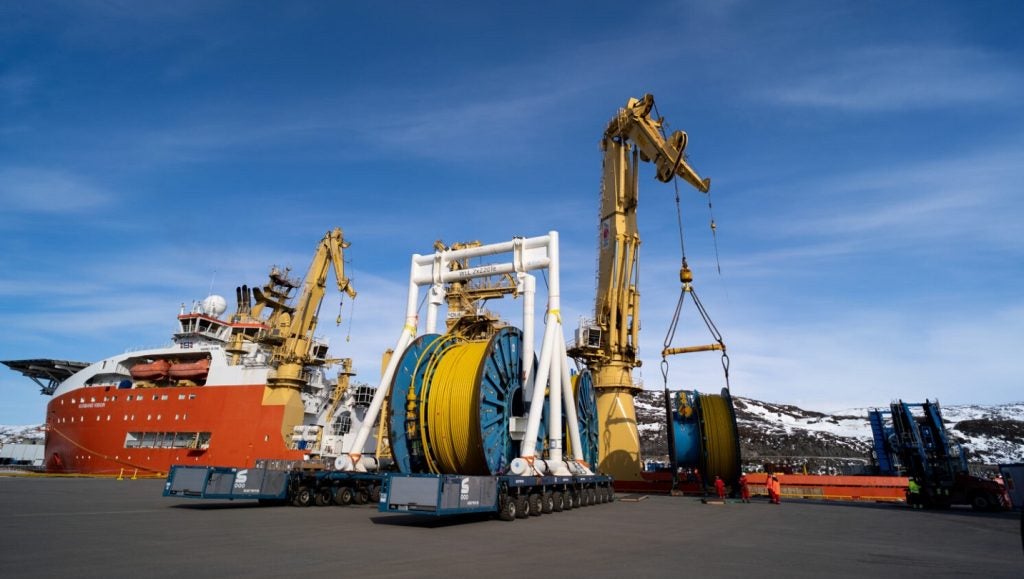Wintershall Dea has acquired a 10% stake in the Poseidon carbon capture and storage (CCS) project in the UK North Sea from Carbon Catalyst for an undisclosed sum.
This is the second CCS project for Wintershall in the UK, with the first being the Camelot licence.
Located in the UK southern North Sea, about 40 miles off the coast of Bacton, Norfolk, the carbon storage licence was awarded to Perenco and Carbon Catalyst by the North Sea Transition Authority (NSTA) earlier this year.
The licence was awarded as part of the UK’s first CO₂ storage licensing round.
Perenco will now serve as operator of the project while Carbon Catalyst and Wintershall Dea will own non-operated stakes.
Wintershall Dea chief technology officer and executive board member Hugo Dijkgraaf said: “We are proud to expand our presence in the country and contribute to the UK’s efforts in achieving a net-zero future.
“Through our involvement in this project, we are further growing our expertise in the CCS field and reconfirming our efforts to decarbonise European industries.”
Scheduled to be commissioned by 2029, the Poseidon CO₂ transportation and storage project will have a total annual storage capacity of up to 40 million tonnes.
The carbon storage licence covers the geological structures of the Leman gas field.
The combination of depleted reservoirs and saline aquifers makes the licence appropriate for permanent and safe carbon storage, Wintershall said.
Wintershall Dea country lead UK for carbon management and hydrogen Matthias Pfeiffer said: “We are looking forward to working together with our partners Perenco and Carbon Catalyst in order to mature this project in a safe and most efficient way.”
Expected to connect a wide range of CO₂ emitters across the east and south-east of England, the Poseidon project includes permanent geological CO₂ storage of around one billion tonnes.
The CO₂ will be transported to the Poseidon offshore storage site via the Perenco-operated Bacton Gas Terminal.


